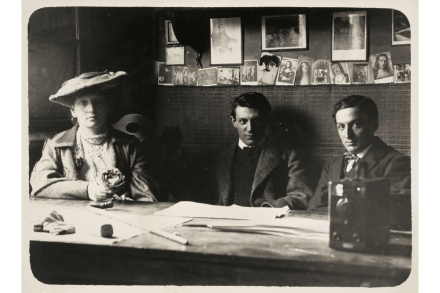The real reason you shouldn’t buy Roisin Murphy’s new album
Grade: B The rather wonderful, liberating thing about being a sentient human being, rather than a moron, is that one can agree with Roisin Murphy that giving kids puberty blockers is a kind of child abuse, while at the same time not liking her new album very much. Just as a sentient human being can enjoy watching Michael Sheen pretending to be other people quite well in films, while thinking him an egregious tit. The cancellation of Murphy was, of course, as obscene as it was predictable – but I do not quite swallow the idea that we are required, as a consequence, to buy Hit Parade. The title is




















